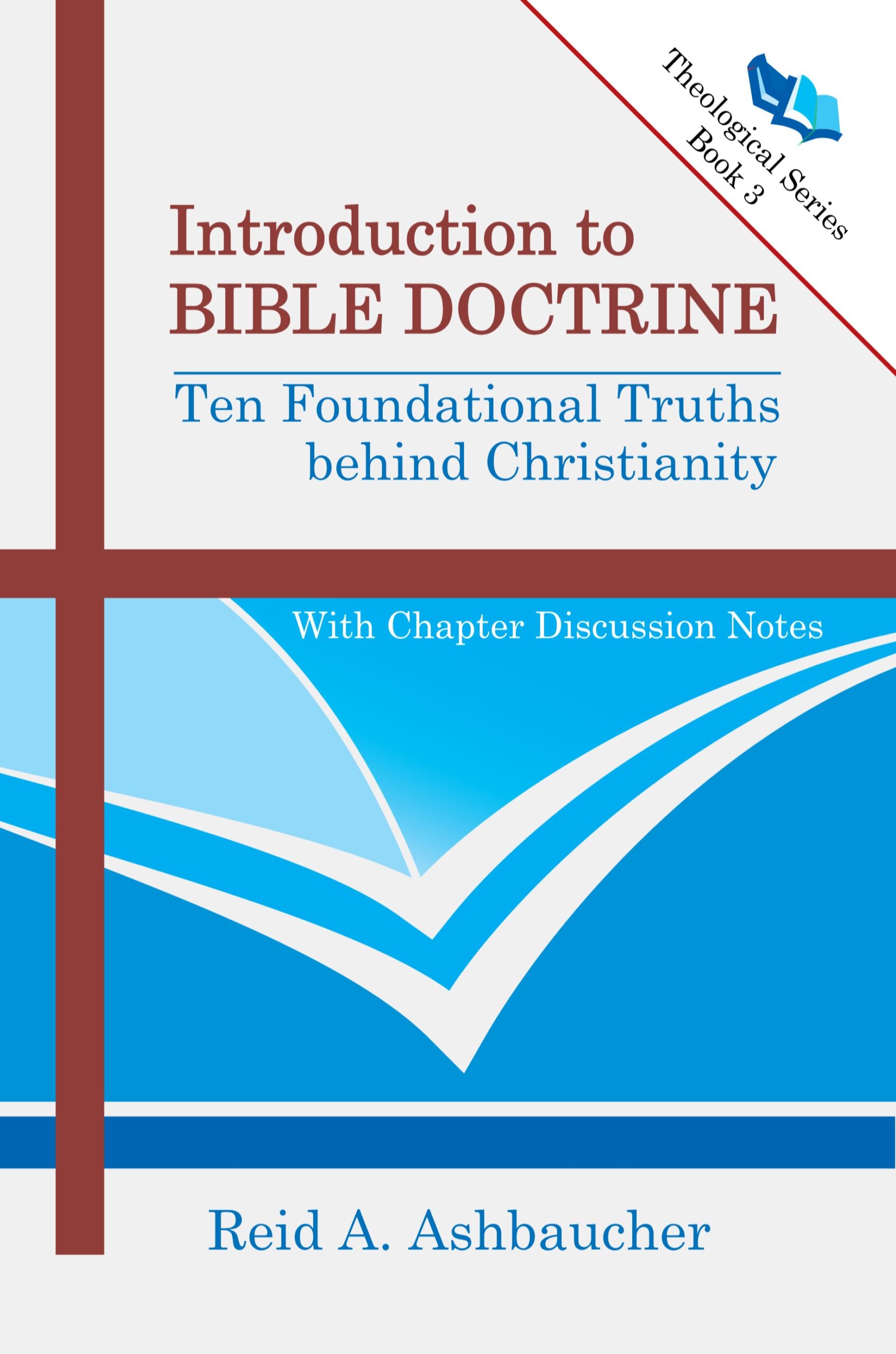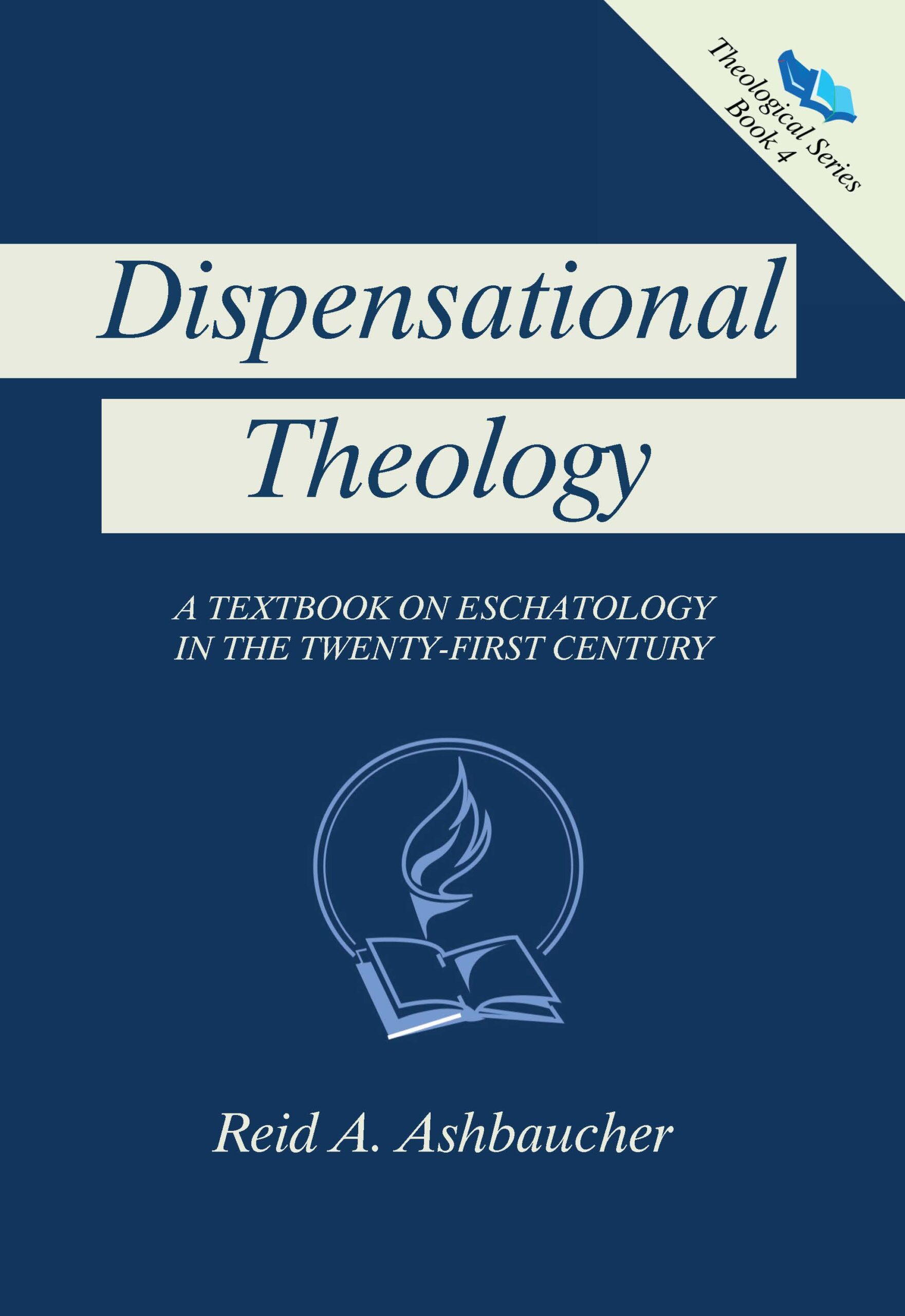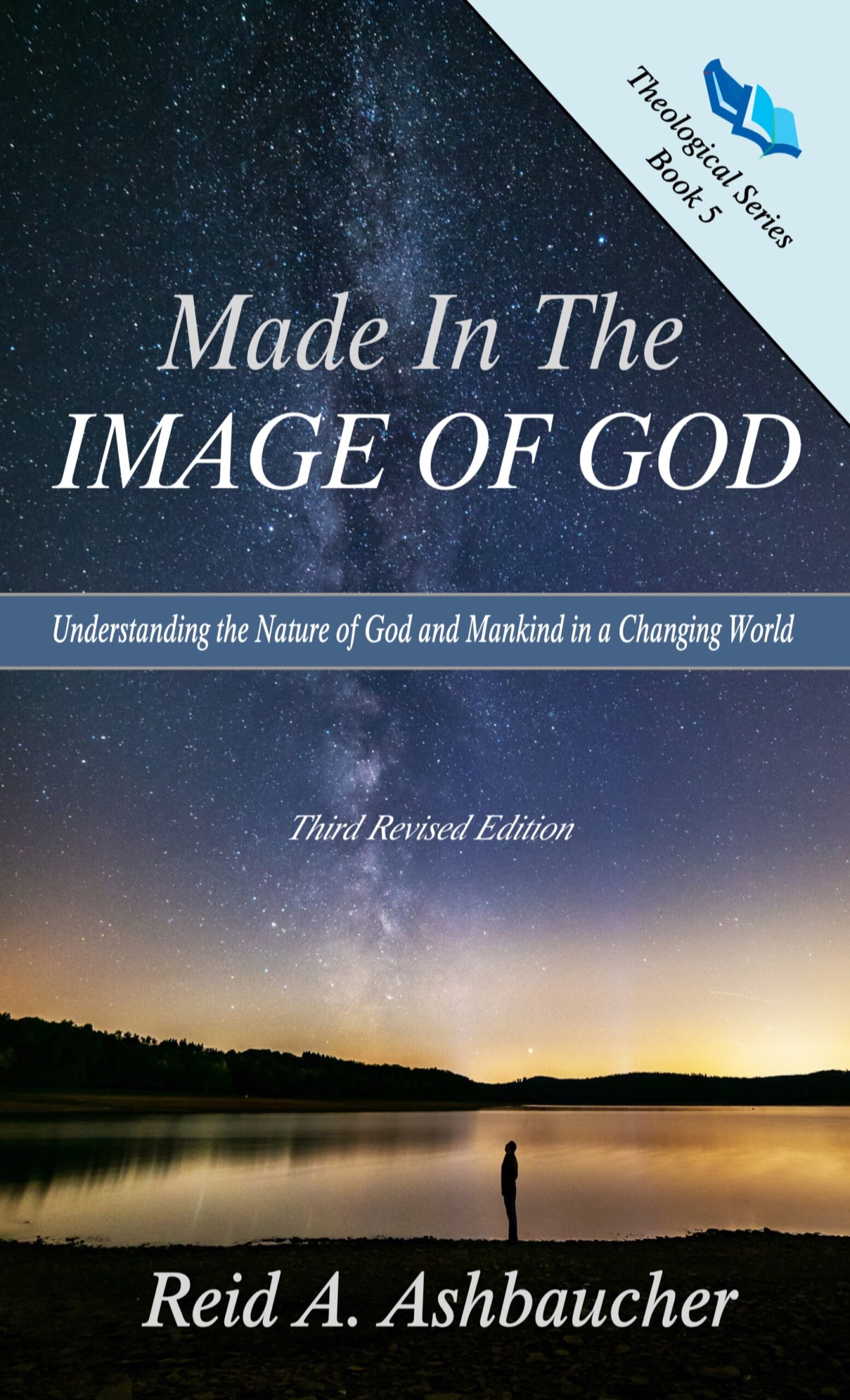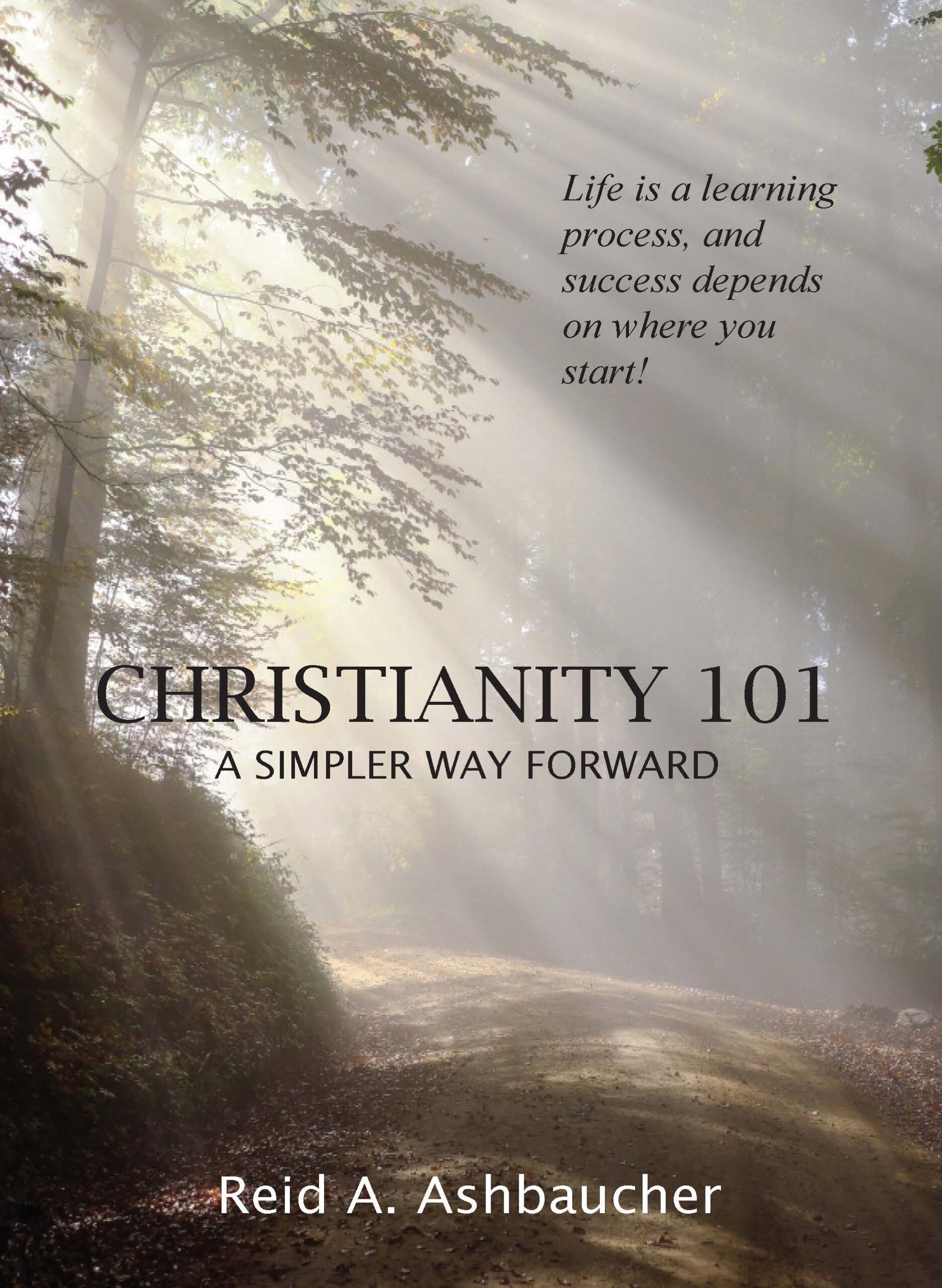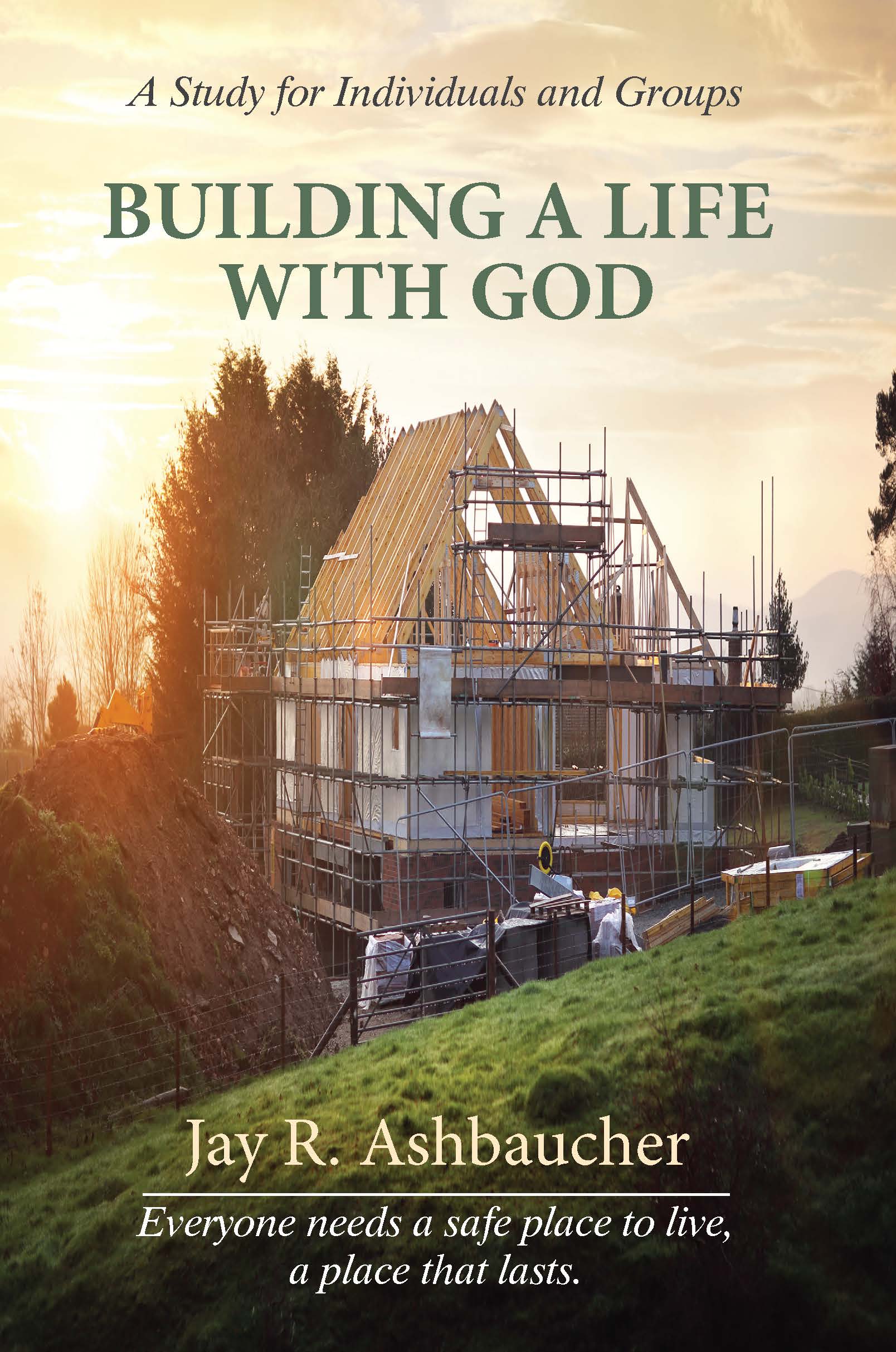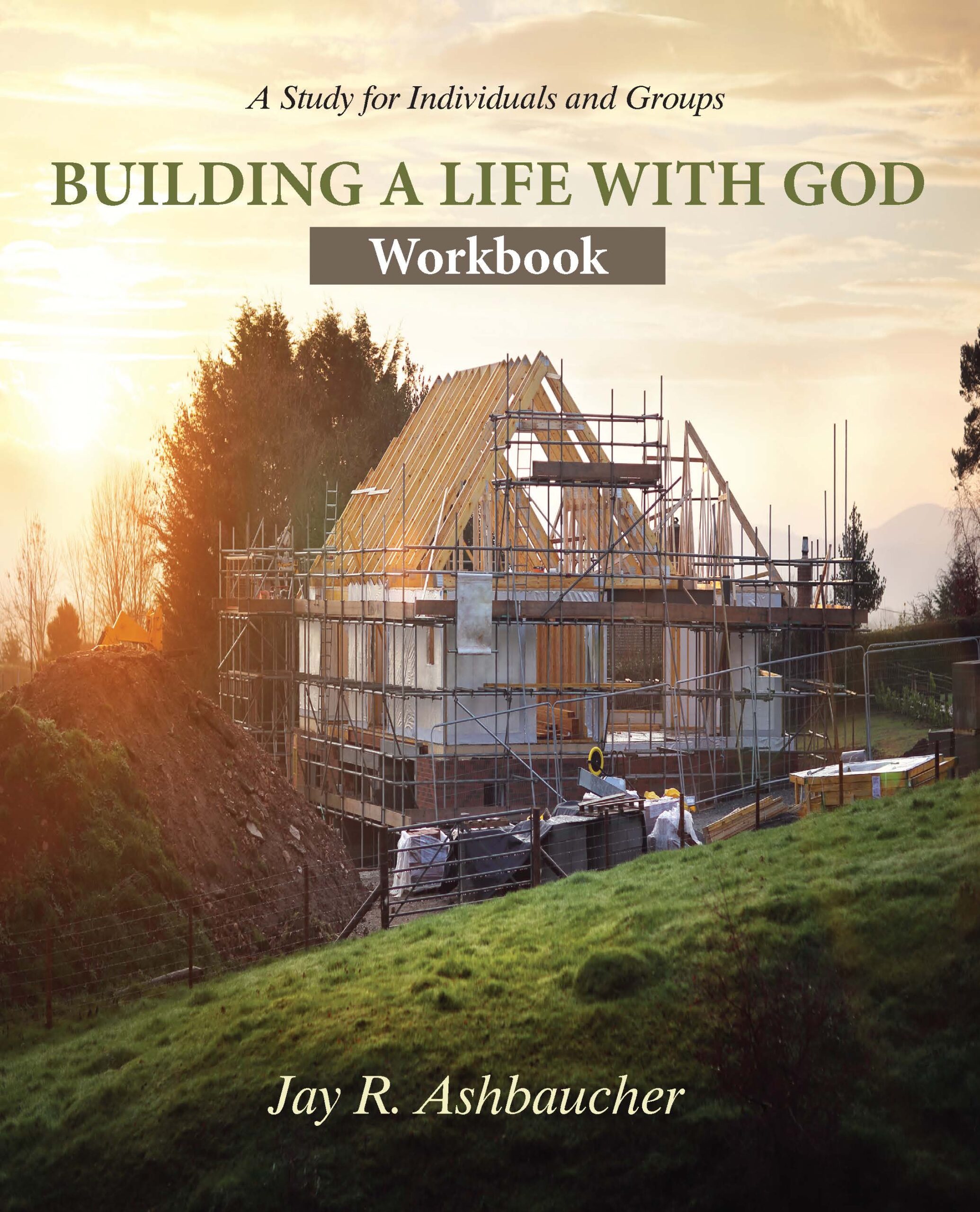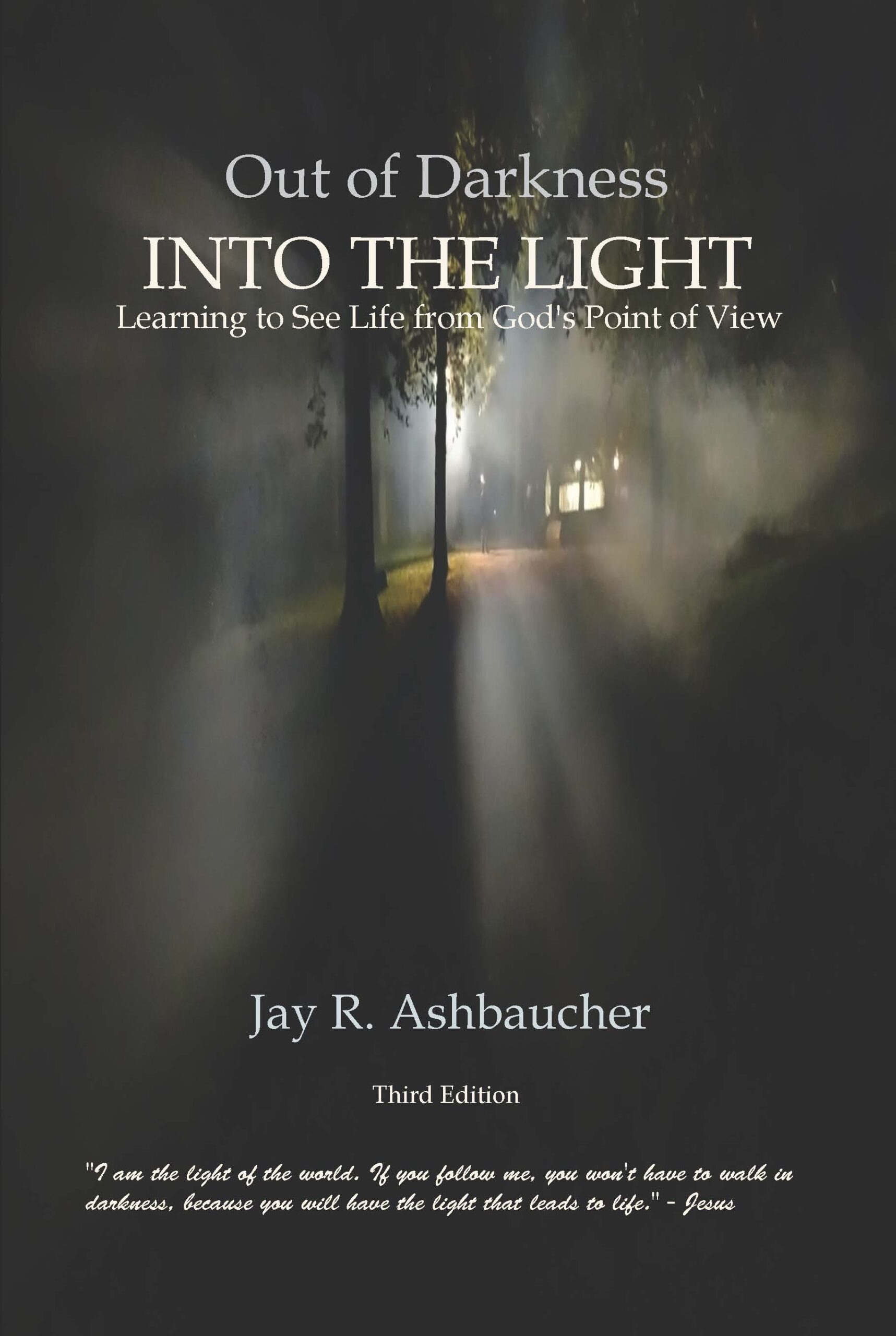June 1, 2021 | By Jay Ashbaucher
What is trust? Trust is to have faith in, believe in, or to rely on someone or something. Trust always has an object. The object of your trust must be trustworthy, real and not fake, truthful and not deceptive, and able to produce what it promises to give you. Trust also involves personal commitment. Persons who trust in something or someone must be able to commit their lives into the care of whatever or whomever they trust. If they cannot, or will not commit to and rely on the object of their trust, they cannot receive what that object offers or promises them. For example, if I want to go across a lake by boat, I must do two things. I must believe it is trustworthy, and I must commit my life to it by getting into it and relying on it to take me there.
“Who can you trust?” is a question that involves other persons. For example, if you need to be loved by someone, or you need someone to do something for you, a person you can trust is someone you are convinced has your good and your well-being at heart, someone who will be loyal and not betray you, someone who knows the worst about you and still accepts you, someone with whom you feel safe and secure. Then, you must be able to commit your life into their hands to do for you what you need.
We live in a harmful and dangerous world and it is important to have persons in our lives whom we can trust, otherwise, we become vulnerable to wrongdoing, being taken advantage of, and suffering harm or even death. Because we live in a world of increasing lawlessness and lack of genuine love, it is difficult to find persons who can be trusted to meet our needs. Unfortunately, this world, being the way it is, can make us suspicious of anything and everything. This is especially true if what or whom we thought or believed we could trust has failed us and hurt us. It is easy, then, to retreat into ourselves and rely mainly on ourselves to keep our lives protected and safe. However, this never works because we alone are not powerful enough to avoid the sufferings and evils of this world. Plus, we all have our own character defects that hinder our well-being, often resulting in us becoming our own worst enemies. It even becomes difficult for us to trust in God, not only because people have failed us, causing us to lose our ability to trust, but also because we feel the same about God. We think God has failed us by allowing bad things to happen and by not protecting us from sufferings. Therefore, we come to believe that the only one we can trust to keep us safe in a harmful and dangerous world, and get us what we need, is ourselves.
How can we develop much needed trusting relationships? The good news is that in spite of the unloving and self-centered and greedy and mean ways of this world, trusting relationship can be found and formed. Trusting relationships begin by learning to trust God. Before you dismiss this thought about trusting God, keep reading. One reason we can trust God is because he tells us the truth about the world we live in. This world is corrupted. The earth we live on is corrupted. The people we live with are all corrupted in their character, including ourselves. Because all is corrupted, we must accept that we live in a world of suffering and death.
God not only tells us the truth about our world, he also tells us his plan to save the earth, and us, from all corruption. God tells us that the earth will wear out like our clothing wears out, but that he will change it from corruption to goodness (Psalm 102:25-26). He tells us that his creation will be set free from its slavery to corruption (Romans 8:21). He says the same about us humans. He has a plan to free us from our corrupted character so that we become a new creation, people who do good and not evil. He tells us his plan to make us partakers of his divine nature so that we escape the corruption that is in the world. One example of escaping the world’s corruption is escaping the ungodly racism that plagues our world. God has brought people into his family from every tribe, tongue, people and nation. As his children, we are called to act as brothers and sisters and let racism be eliminated (Revelation 5:9-10). This example, and all other examples of escape from the world’s corruptions, is made possible when we trust God and his promises (2 Peter 1:3-4).
This truth that we are part of a corrupted world is verified by our personal experiences, for we all go through the pains of broken relationships, sufferings, and death. Even God’s son, Jesus, a perfect person who went about doing only good and not evil, did not escape the world’s corruption. He suffered as we suffer and he had the same feelings about God that we sometimes have, that God has abandoned us. While suffering a tortuous death on a cross, he cried out, “My God, my God, why have you forsaken me?” But there is a difference between feeling that God is not helping us and knowing the truth that God is present with us to help us. Jesus may have felt abandoned, but he trusted God and was able to commit his spirit into God’s care. In fact, he was enabled to endure his sufferings and get through them because he was aware of God’s presence with him, and that God would keep his promises to overcome all corruption. God showed him this by not allowing his body to undergo decay, but by raising his body from death and the grave. This he will do for all who trust him and his promises.
We do not know why some go through more suffering than others, or why God heals some and not others, but we trust that he will work all things for the good of those who love him and accept their part in his plan to remove corruption from this world (Romans 8:28-32). Trusting relationships begin by trusting God, yes, even in the midst of suffering and death. We suffer burdensome problems and have the sentence of death in us so that we might not trust in ourselves, but in God who raises the dead, not just physically in the future, but spiritually in the now (2 Corinthians 1:8-10; John 5:24). We know we have passed out of death into life when we are able to love and trust others, and they us (1 John 3:14). The ability to develop trusting relationships begins with trusting God.
Another reason for trusting God, besides telling us the truth about this world, is because he has a plan to enable his followers to overcome their sins and ongoing character defects, thus making it possible for trusting relationships to develop and exist. There are many believers in God who are serious about cooperating with God in the process of overcoming their corrupted selves. With God’s help, when two people are committed to his process, they can become trusting friends. Because God has forgiven and accepted us who entrust our lives to him, we can do the same with others, and they with us. Trusting relationships can happen when we are engaged in God’s plan to change us so that we are like God. When we live out what it means to trust God, we are enabled to live in trusting relationships with one another.
This does not mean that all who claim to be Christians are trustworthy, but only those who are seriously engaged in God’s plan for them. The more we are able to be transparent and honest with each other, as we are honest with God, sharing who we are instead of trying to retreat into self-protection, the deeper is our love for and our trust in each other. There are very few people in the world we can trust, or should trust, because all are slaves to corruption. But we can trust those who, like ourselves, are trusting God, and who are learning to live out his freedom from corruption. Trusting God does not only mean believing him and his promises as the objects of our trust, but also committing our lives to him by doing what he says. Like getting into the boat and relying on it to get across the lake, we commit our lives into the care of God and rely on him to get us where we need to go. Trust is two persons making a commitment to give and receive what is necessary to make the relationship work. Finding people with the same trust in Christ Jesus as yourself, including voluntary obedience to him and his word, will give you the greatest possibility for a trust-filled relationship with a person who has your good at heart, who will be loyal and accepting, and with whom you feel safe and secure.


